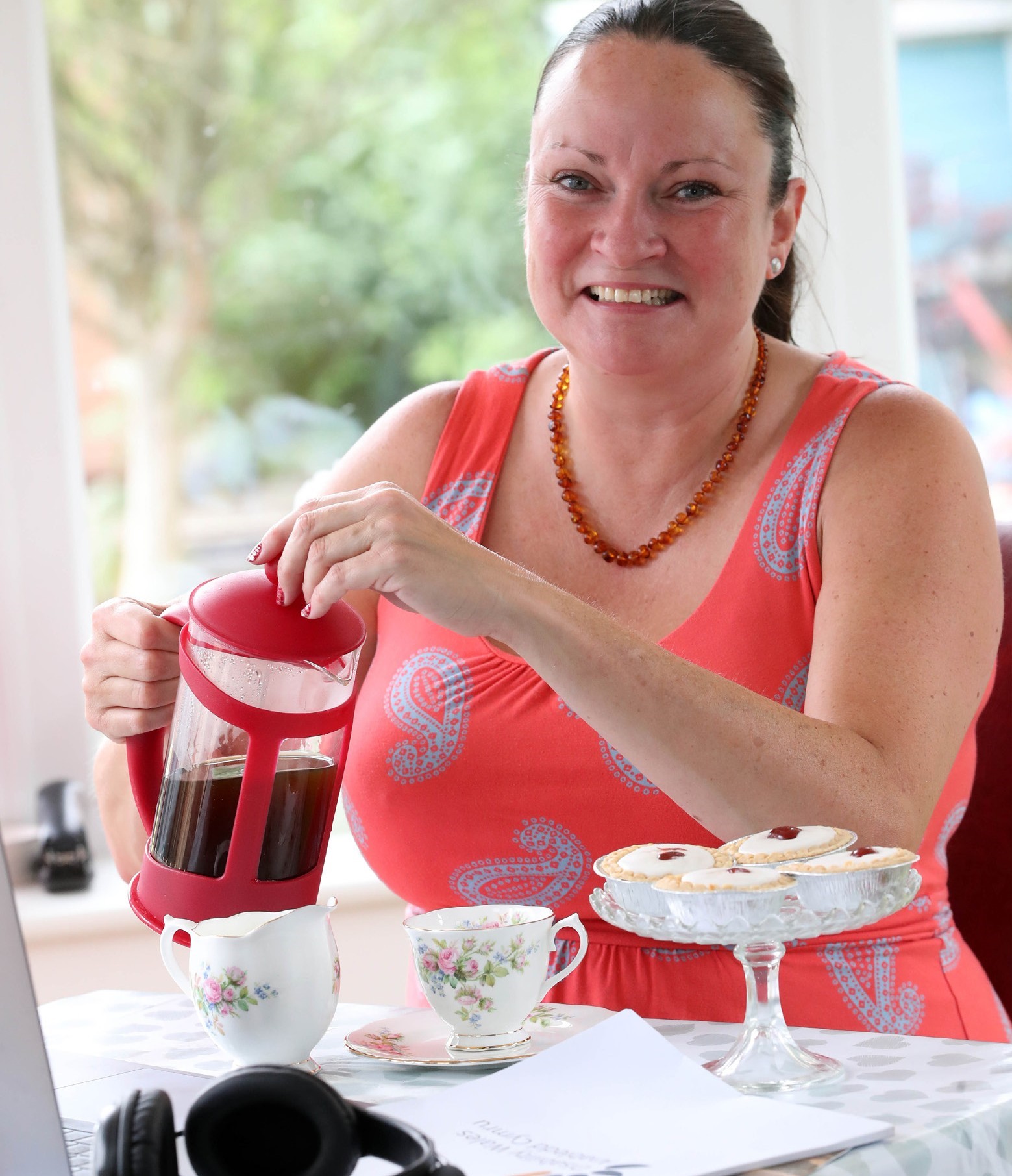Disability Wales triples its workforce during lockdown.

The team at Disability Wales locked the doors of their Caerphilly office when lockdown was announced, and resigned themselves, with some trepidation, to working from home.
The close-knit workforce weren’t confident in their ability to adapt to online working and, while they were happy using some platforms such as Skype, they recognised the need to upskill employees, so they sought training from Digital Communities Wales to get to grips with the likes of Zoom and Microsoft Teams.
With a new-found digital confidence, Disability Wales managers realised that not everyone had the capacity to work online from home owing to weak broadband, poor signal and not having a laptop.
As a result, they invested in putting this right for those who were struggling by giving them the equipment required and included a ‘working from home allowance’ in staff salaries in order to improve their home working environment.
They also realised that their HR policies and practices regarding working from home required updating to reflect these new working arrangements. They enrolled their policy and programmes manager,
Miranda Evans, on a course with the Advisory, Conciliation and Arbitration Service (ACAS) to make sure they were doing the right thing by their staff. A Working from Home policy was drafted and approved by the board, which had also moved to online meetings.
The shift to online working took a few months to settle, and the board and senior managers were mindful that there were likely to be personal issues, not just professional ones, to consider owing to the lack of human interaction, which had previously been a part of their working day.
Miranda Evans, policy and programmes manager for Disability Wales, said:
“As an organisation representing and campaigning for the interests of disabled people, we were very mindful that lockdown could be harmful to our staff’s mental health and well-being.
"We connected daily through a WhatsApp group, set up twice-weekly team meetings and even diarised coffee and cake catch-ups over Zoom where we talk about anything but work!
After being concerned about the challenges they faced at the start of the pandemic, Disability Wales tripled their workforce from three to nine during the lockdown months by an online recruitment campaign.
Going forward, Disability Wales will continue with a hybrid approach that includes the option to work from home, because they believe it benefits both employees and the organisation.
Miranda added:
“We’ve realised that remote working really broadens our scope. Before, the ability to commute was a consideration for employees, but through lockdown, we’ve taken on people in West Wales and North Wales. Reducing travel is saving a lot of money too as we are no longer paying as much mileage allowance or rail and taxi fares.
“We are mindful that not everyone will want to be at home all the time and so a hybrid way of working will be the way forward for us. For disabled people, working from home will have very real benefits. For instance, some staff may not be able to sit at a screen all day and, at home, are much more able to take a short power nap before getting back to their desk. This sort of flexibility makes all the difference.
Miranda and her colleagues are also in favour of community hubs as an alternative to just working from home. She said:
“It’s important that the hubs are accessible with parking, accessible toilets and workspaces that accommodate disabled people.
